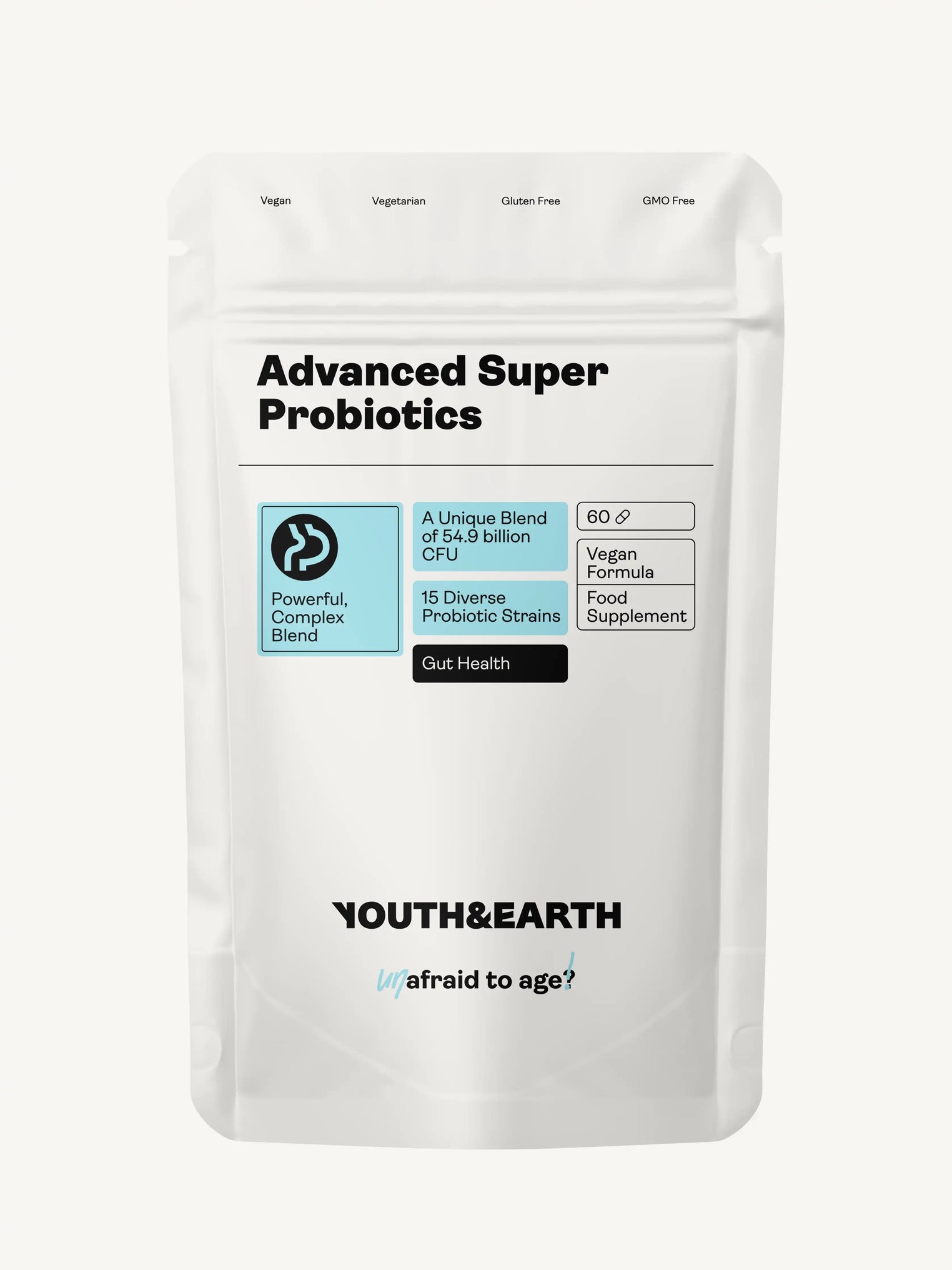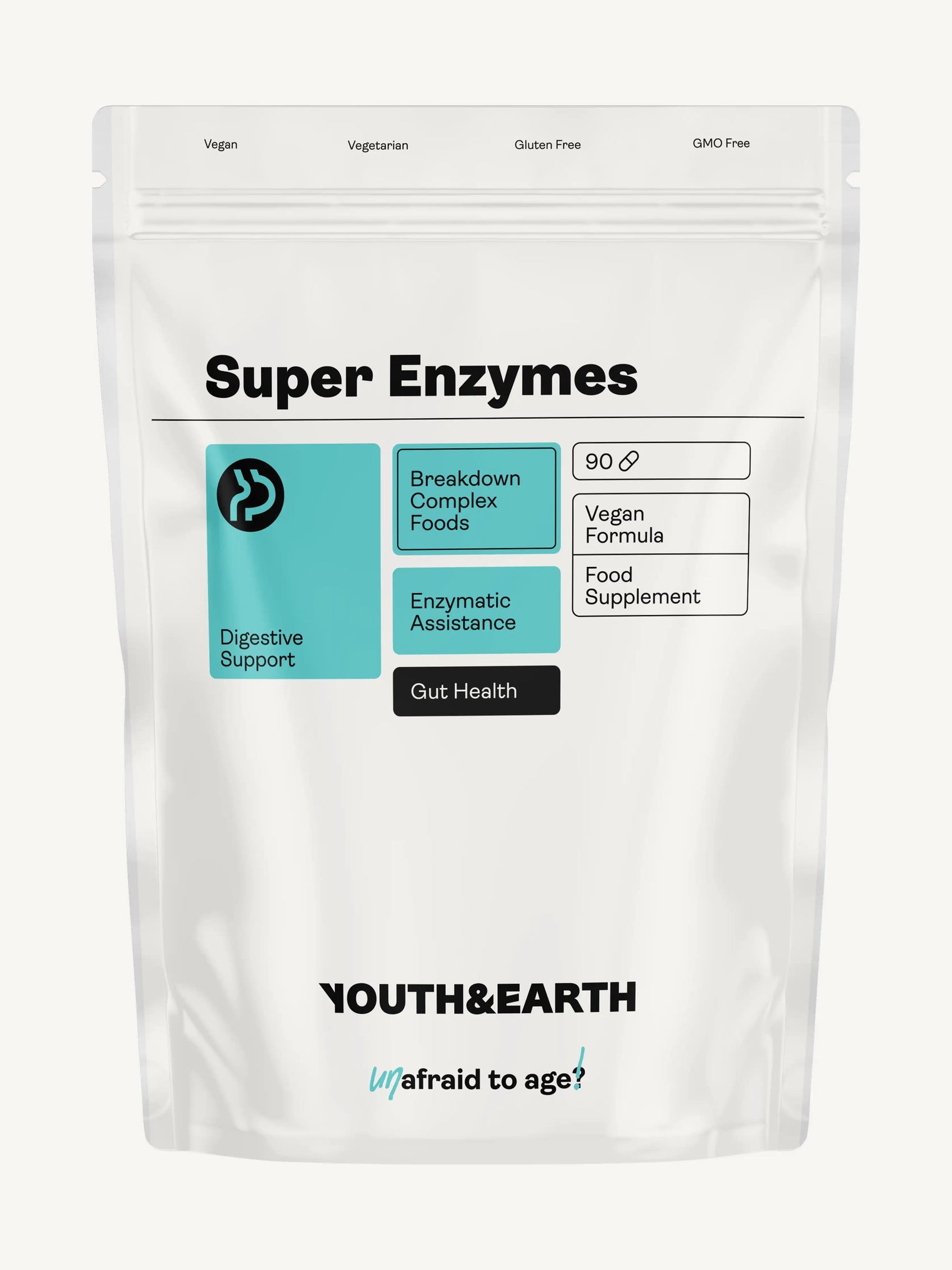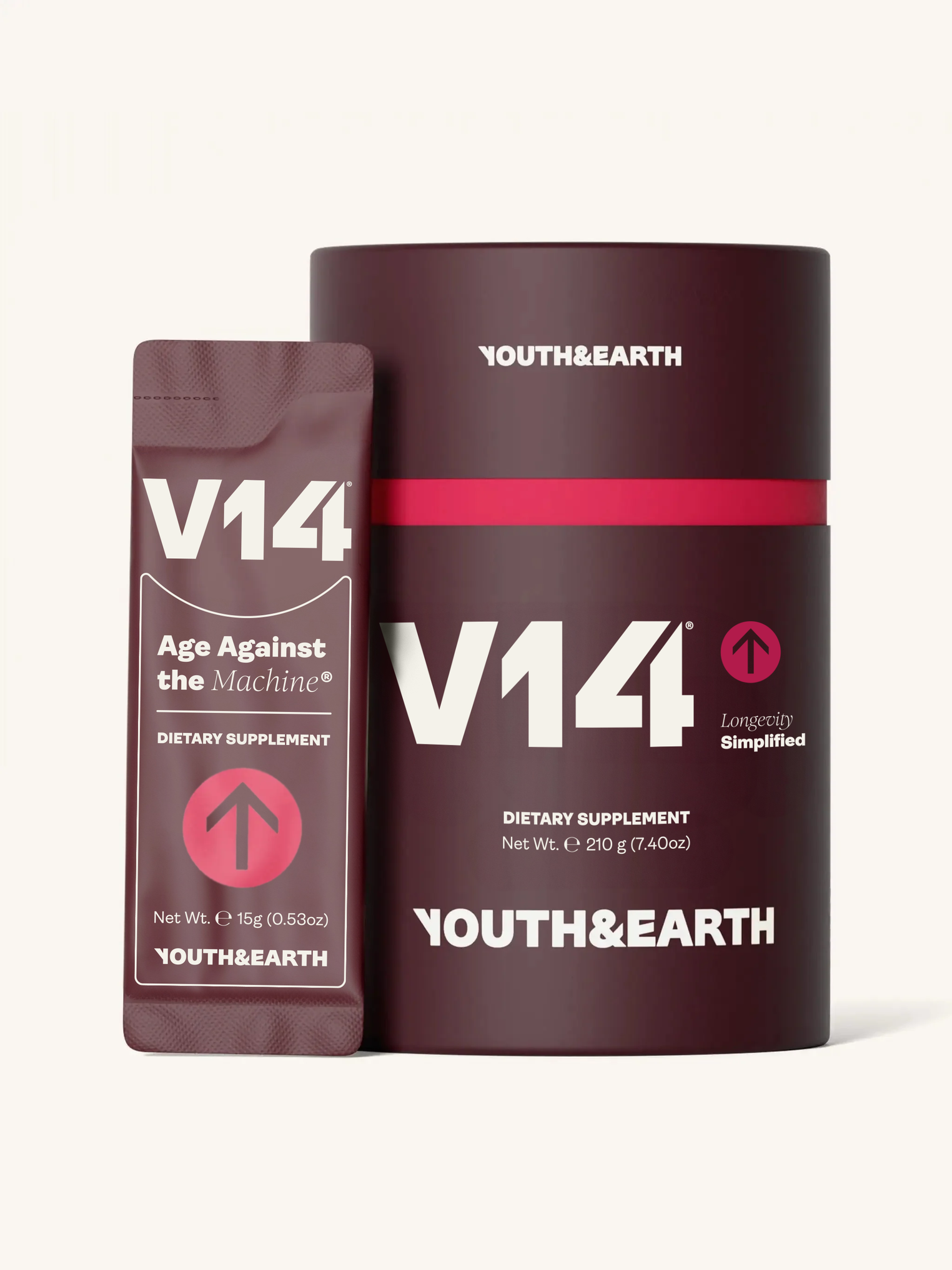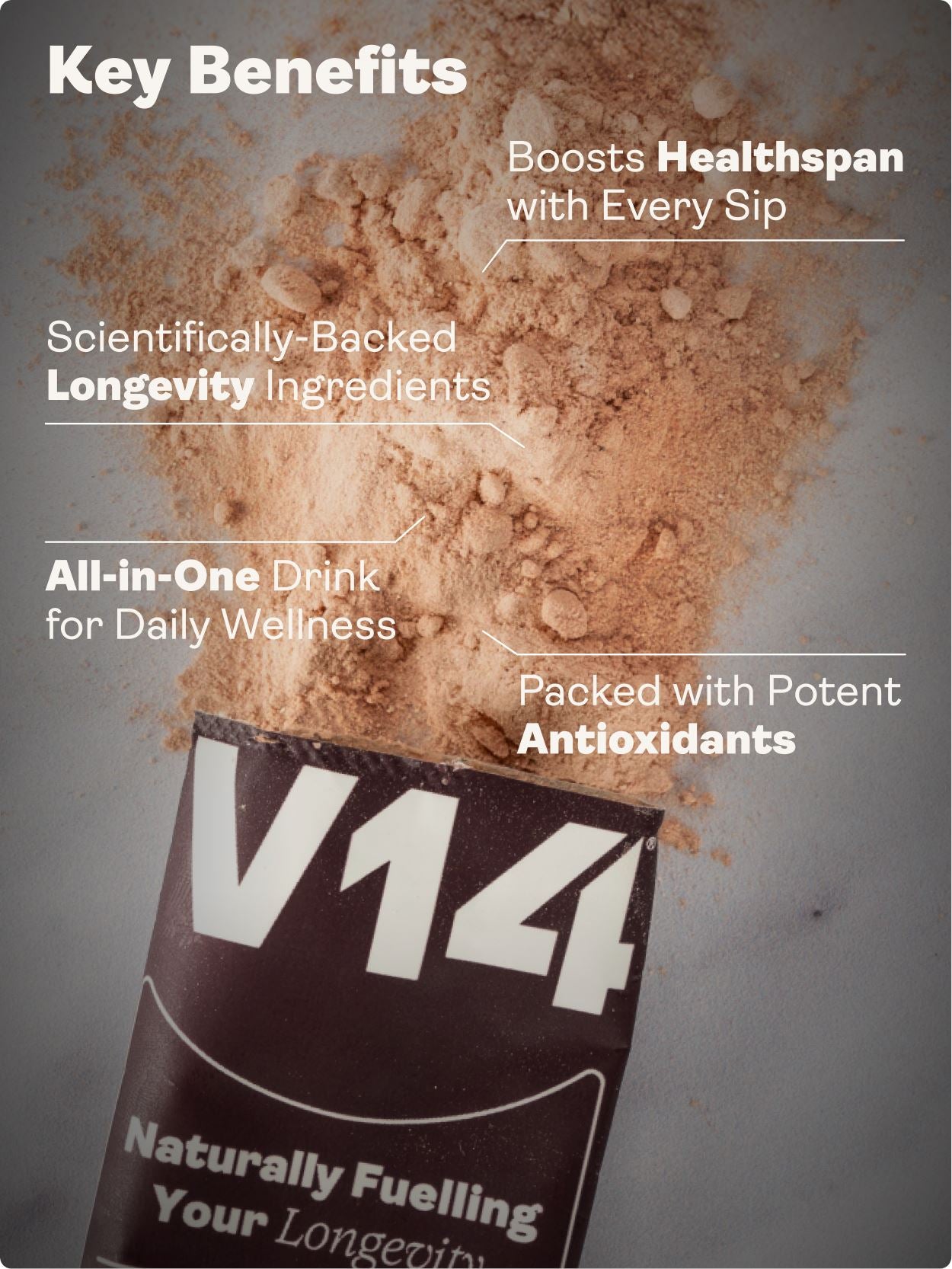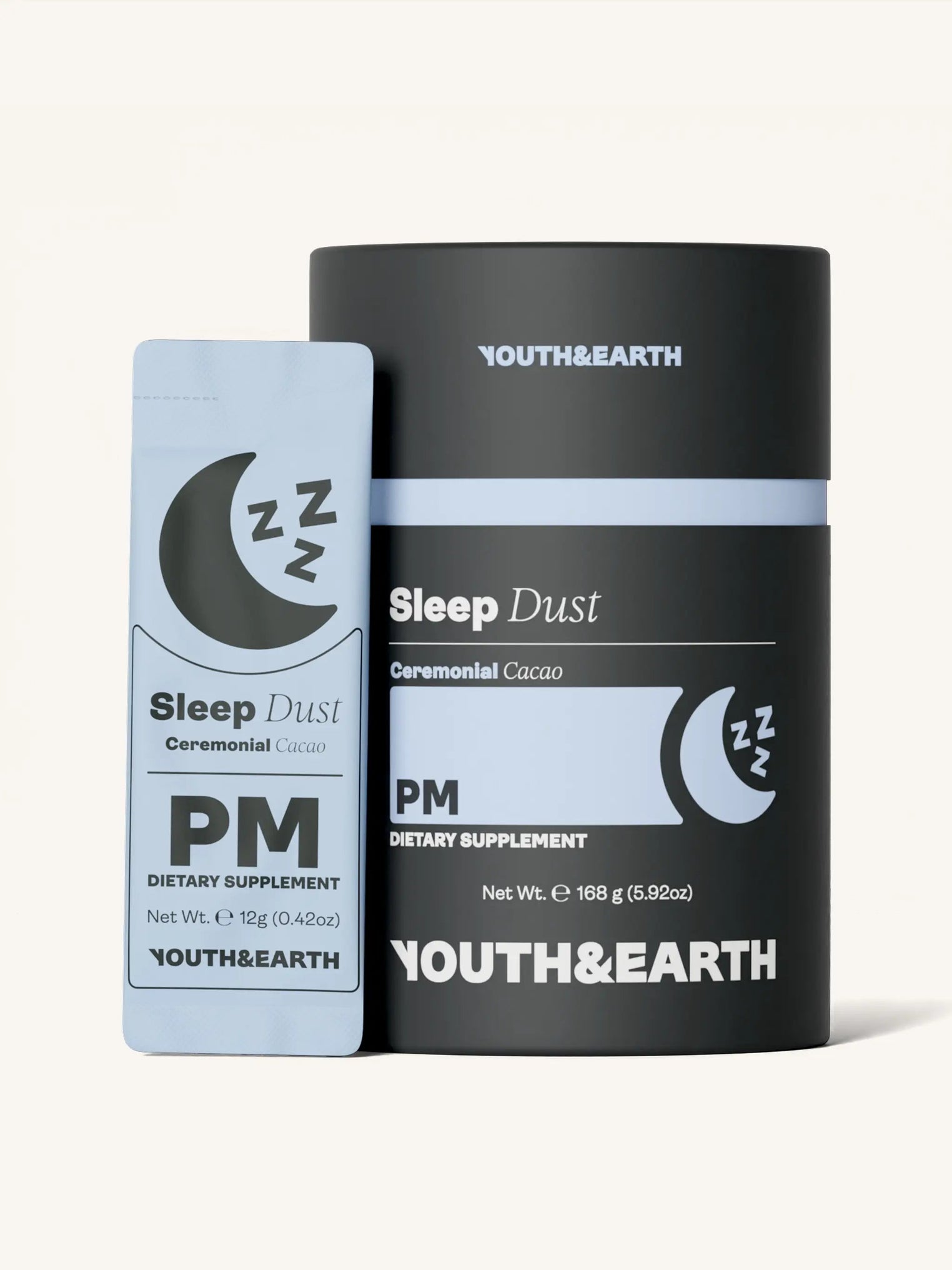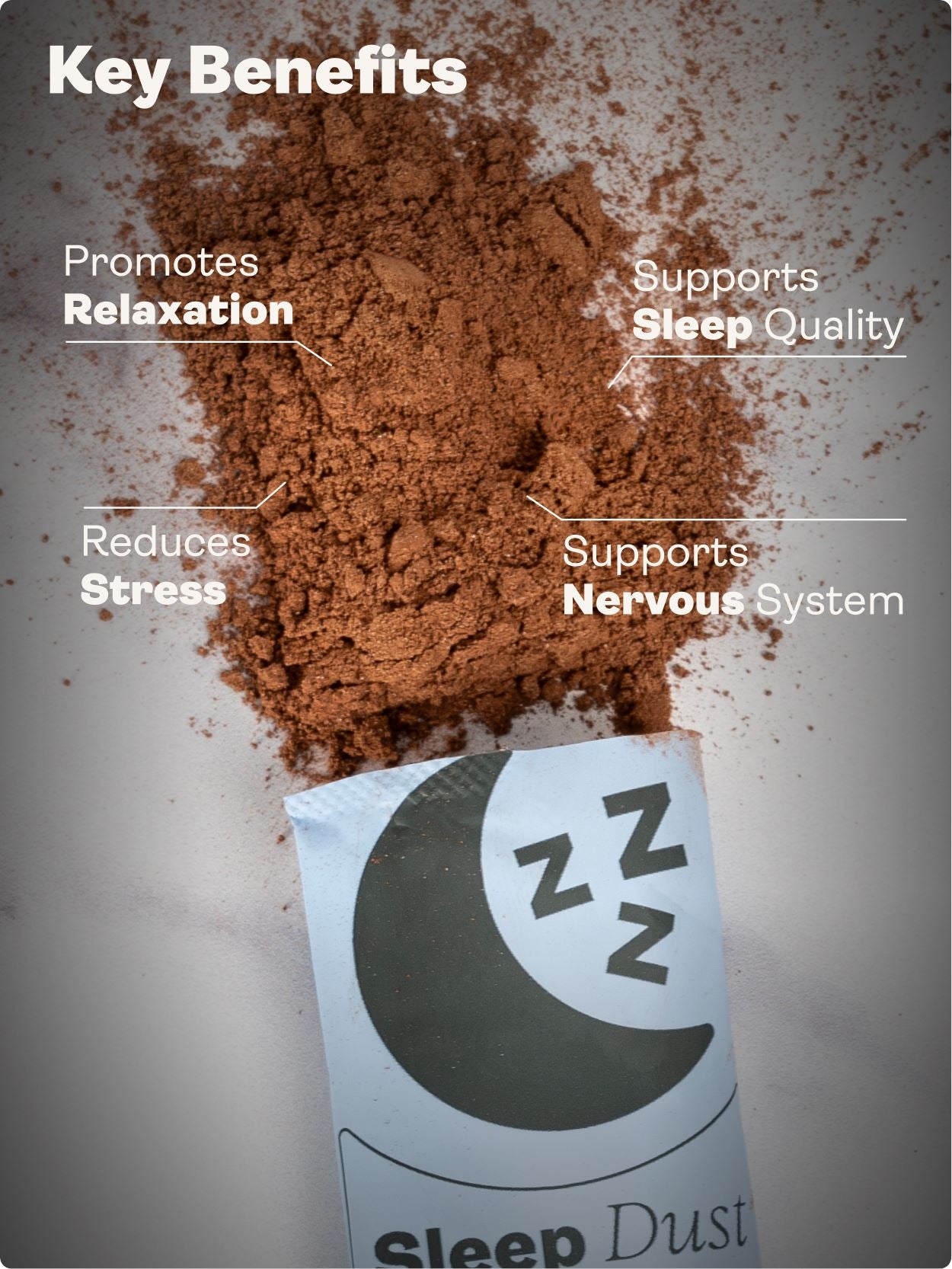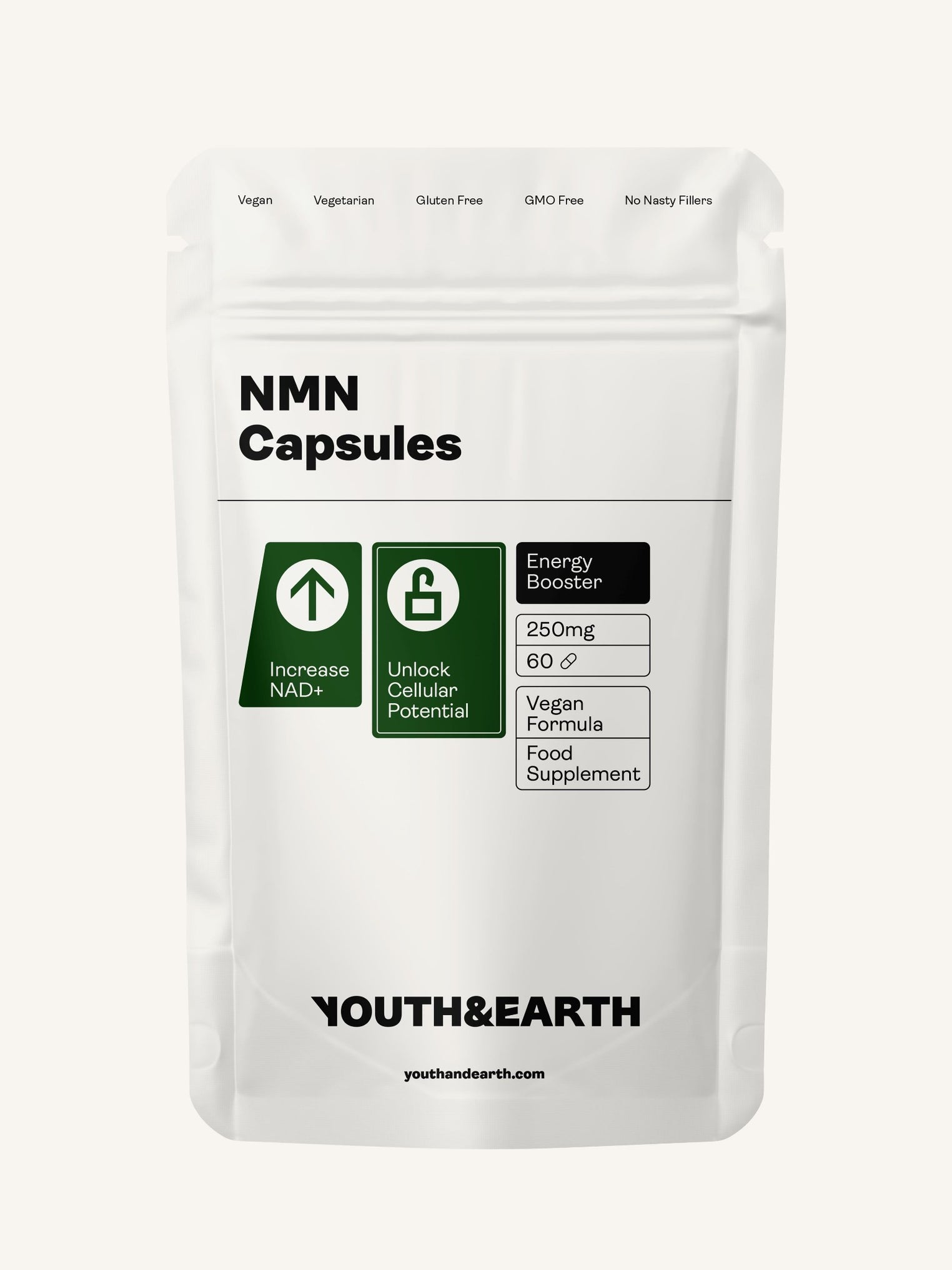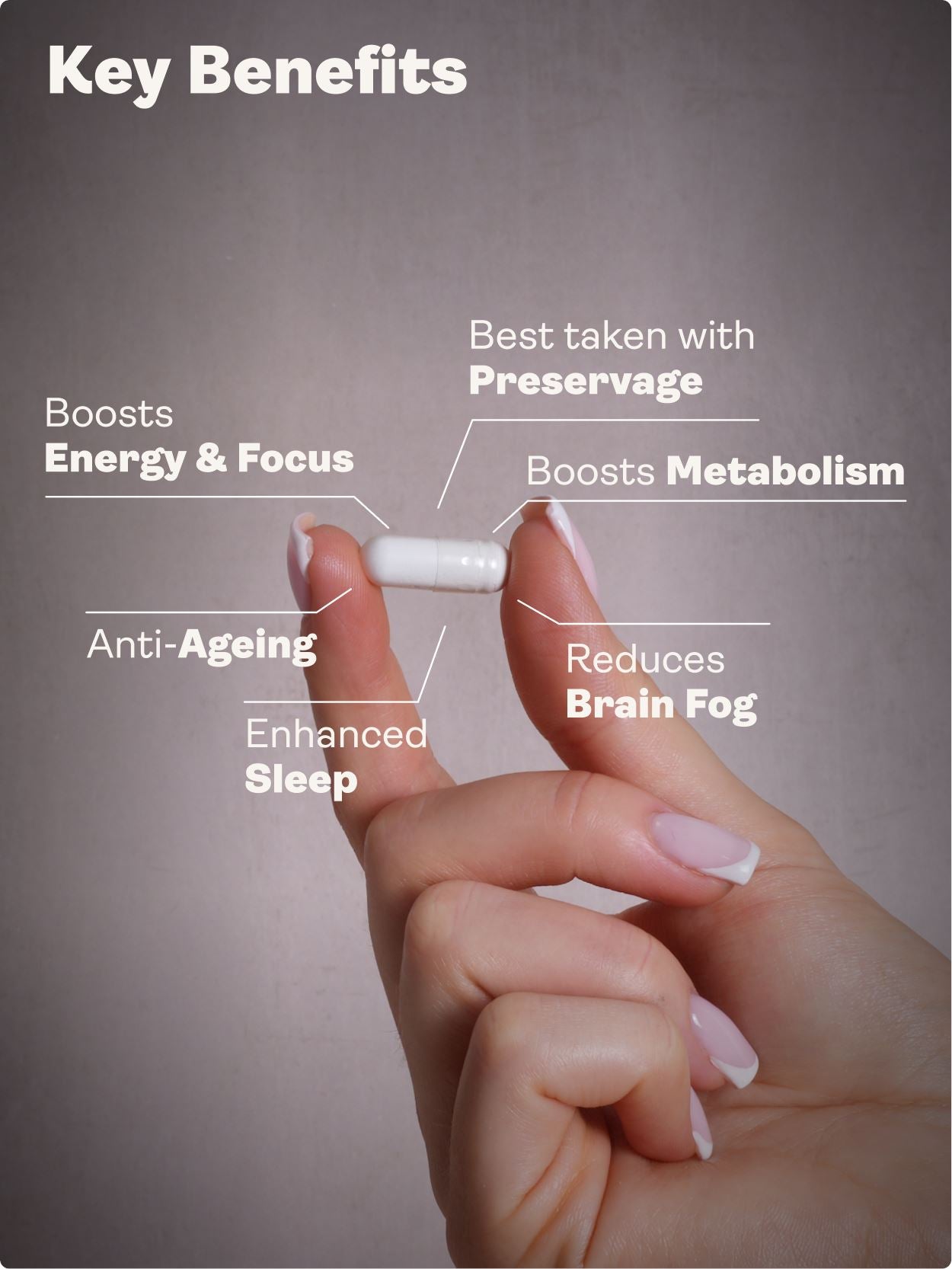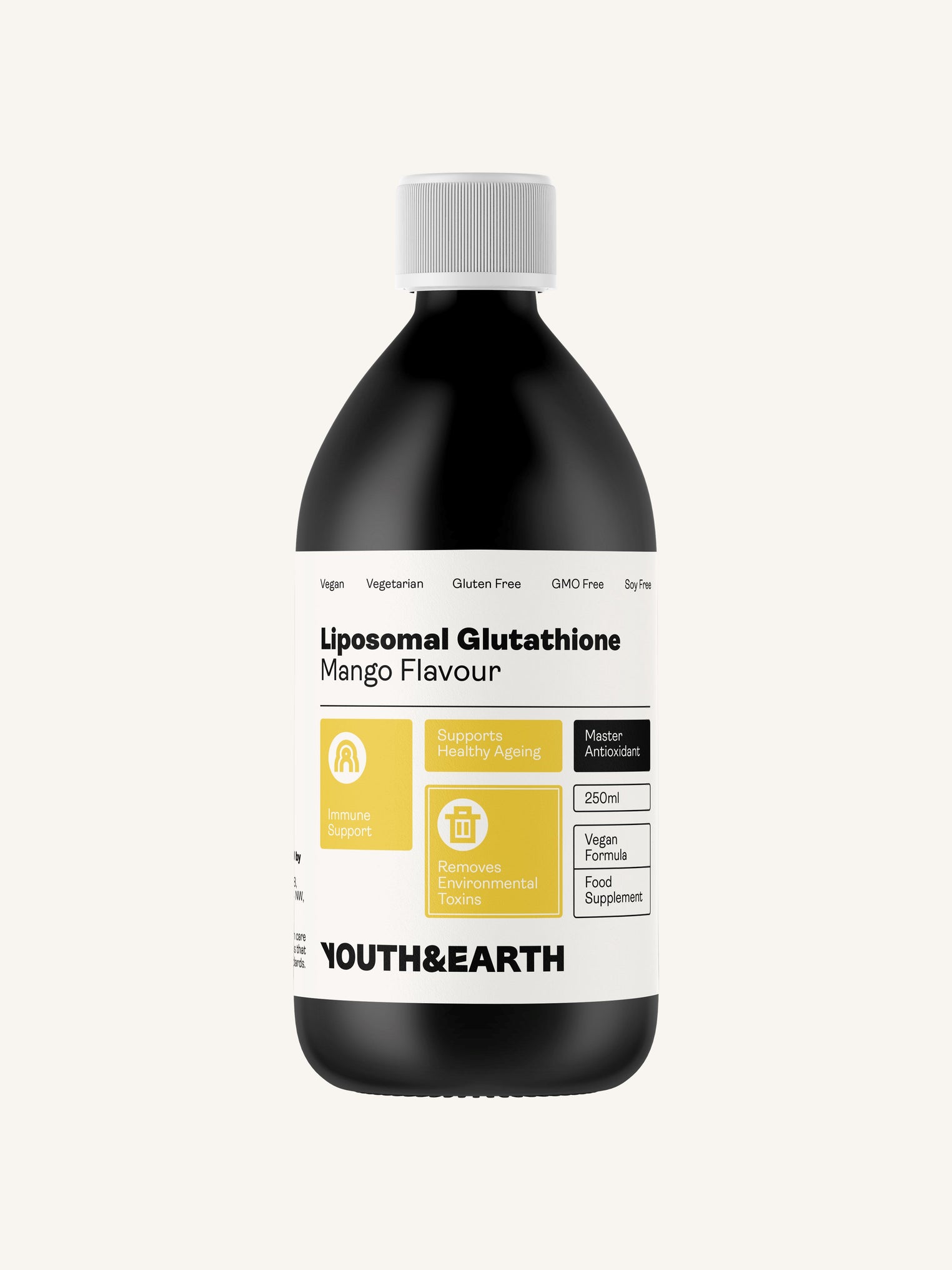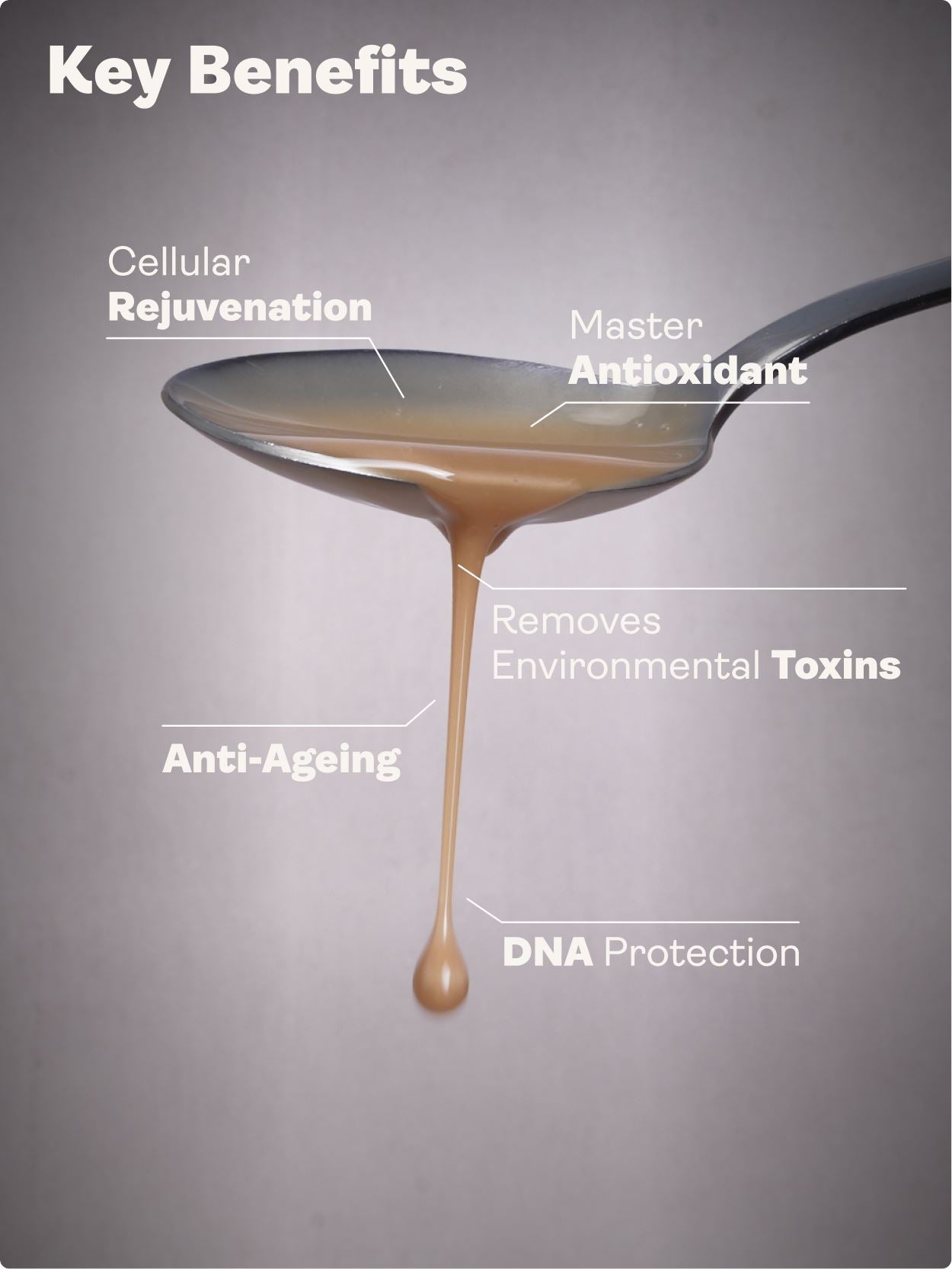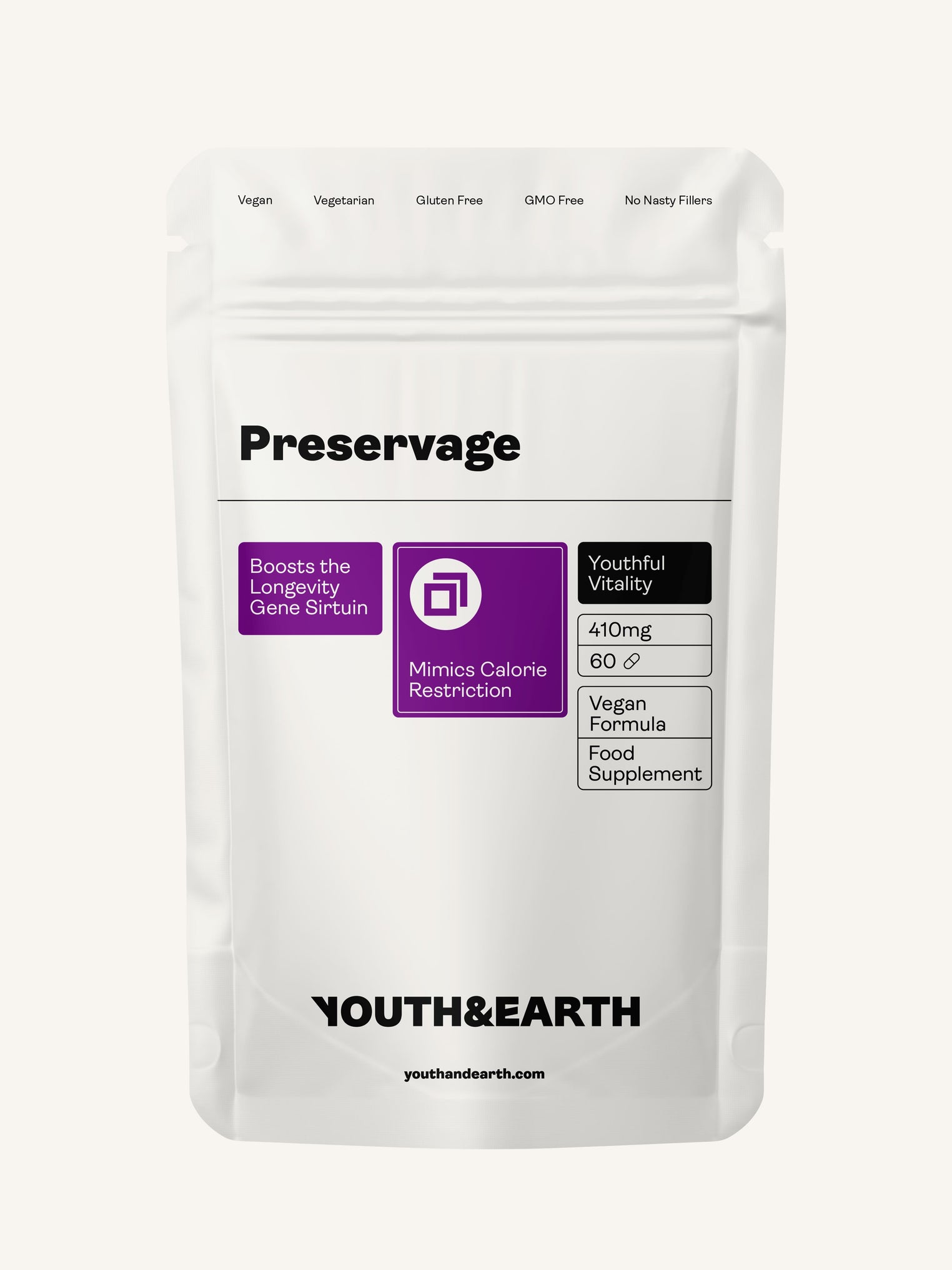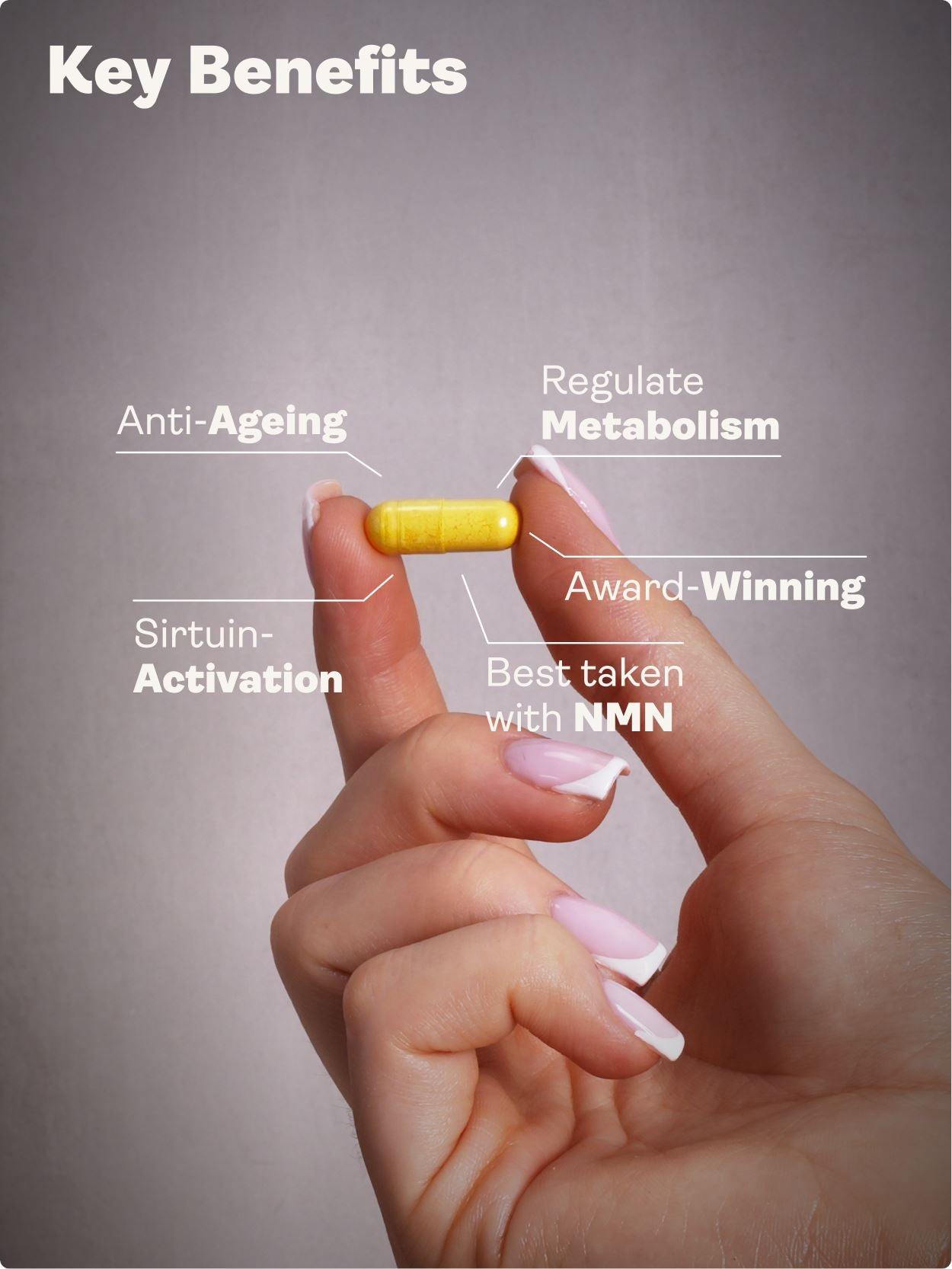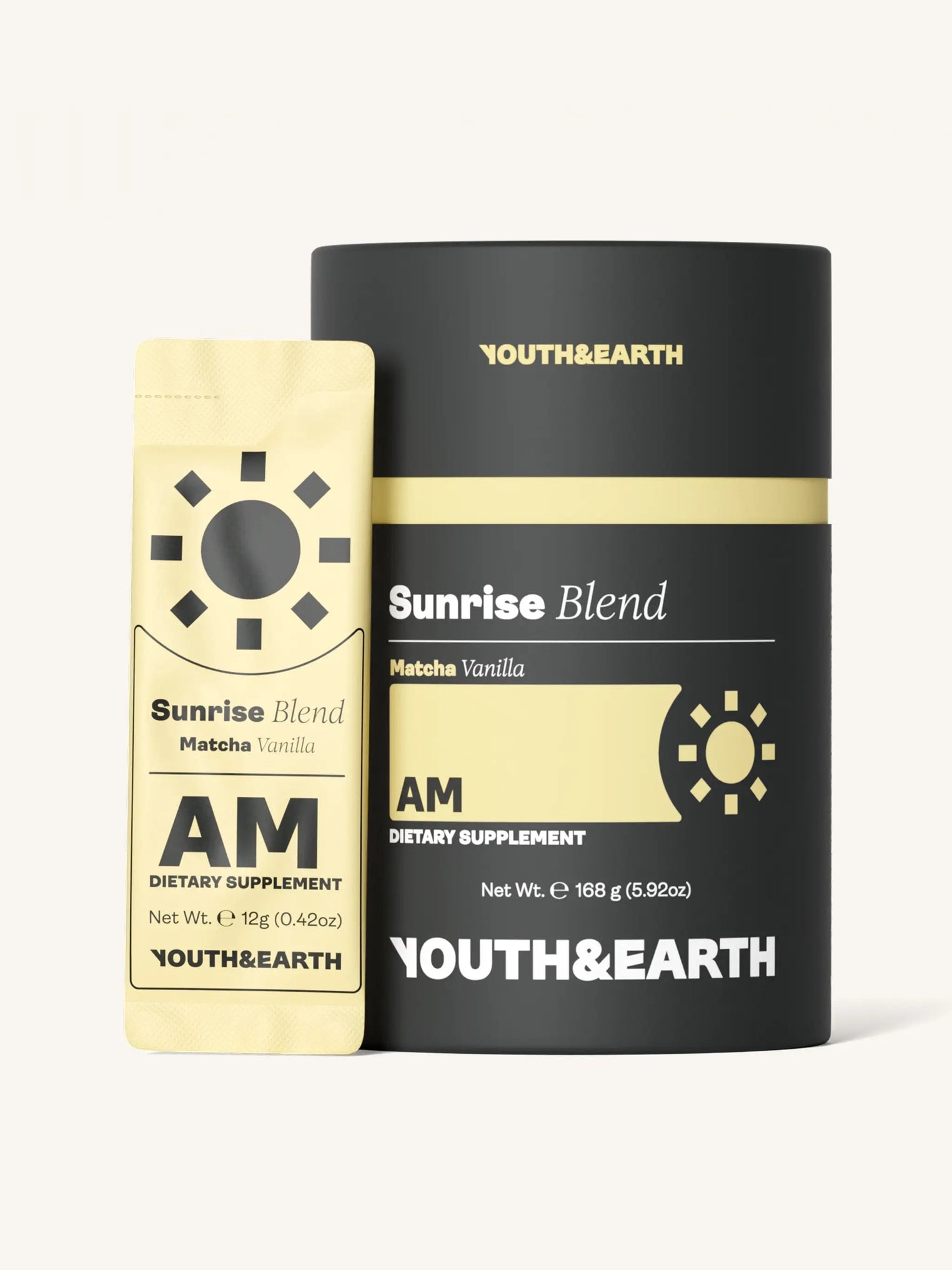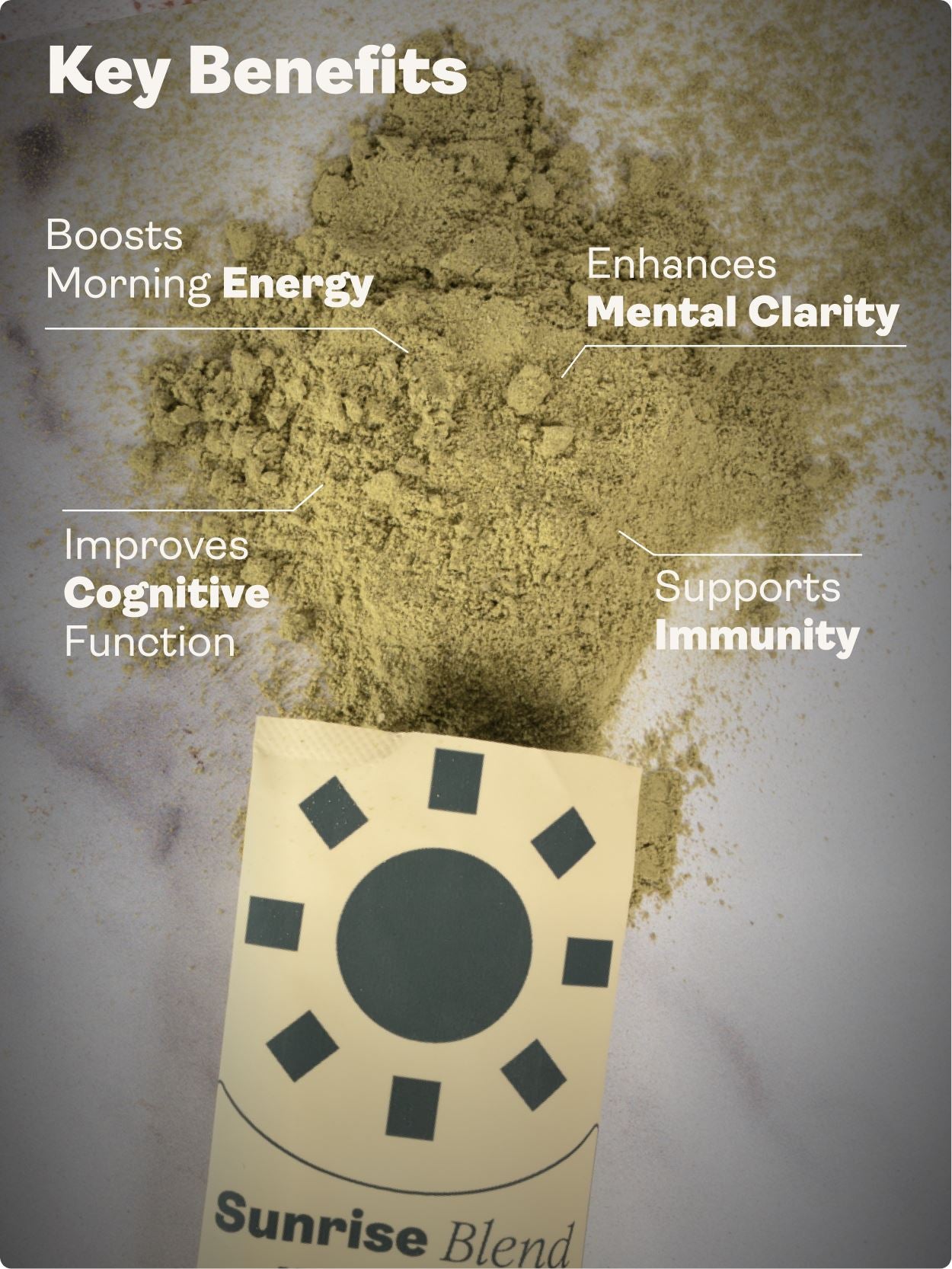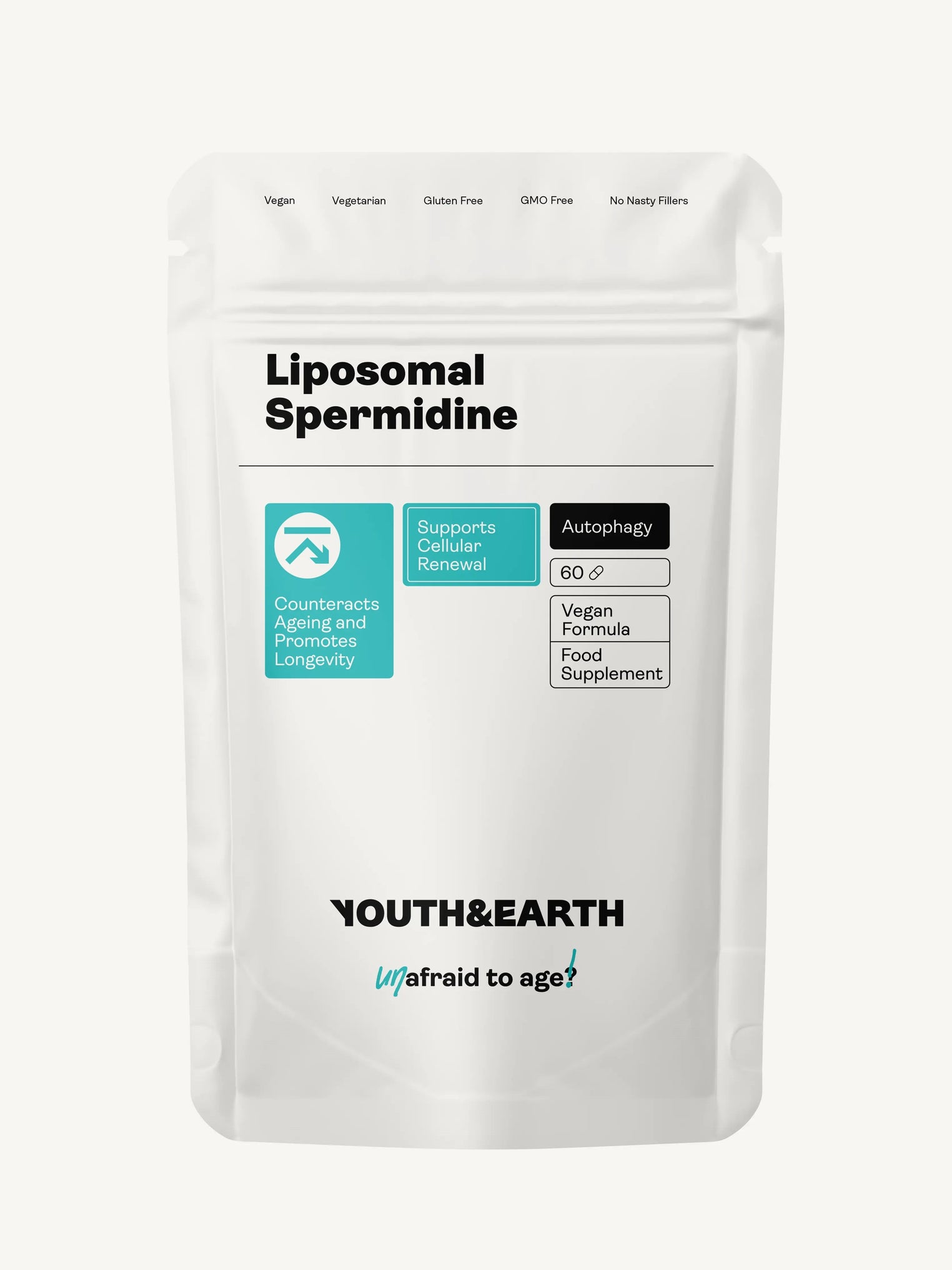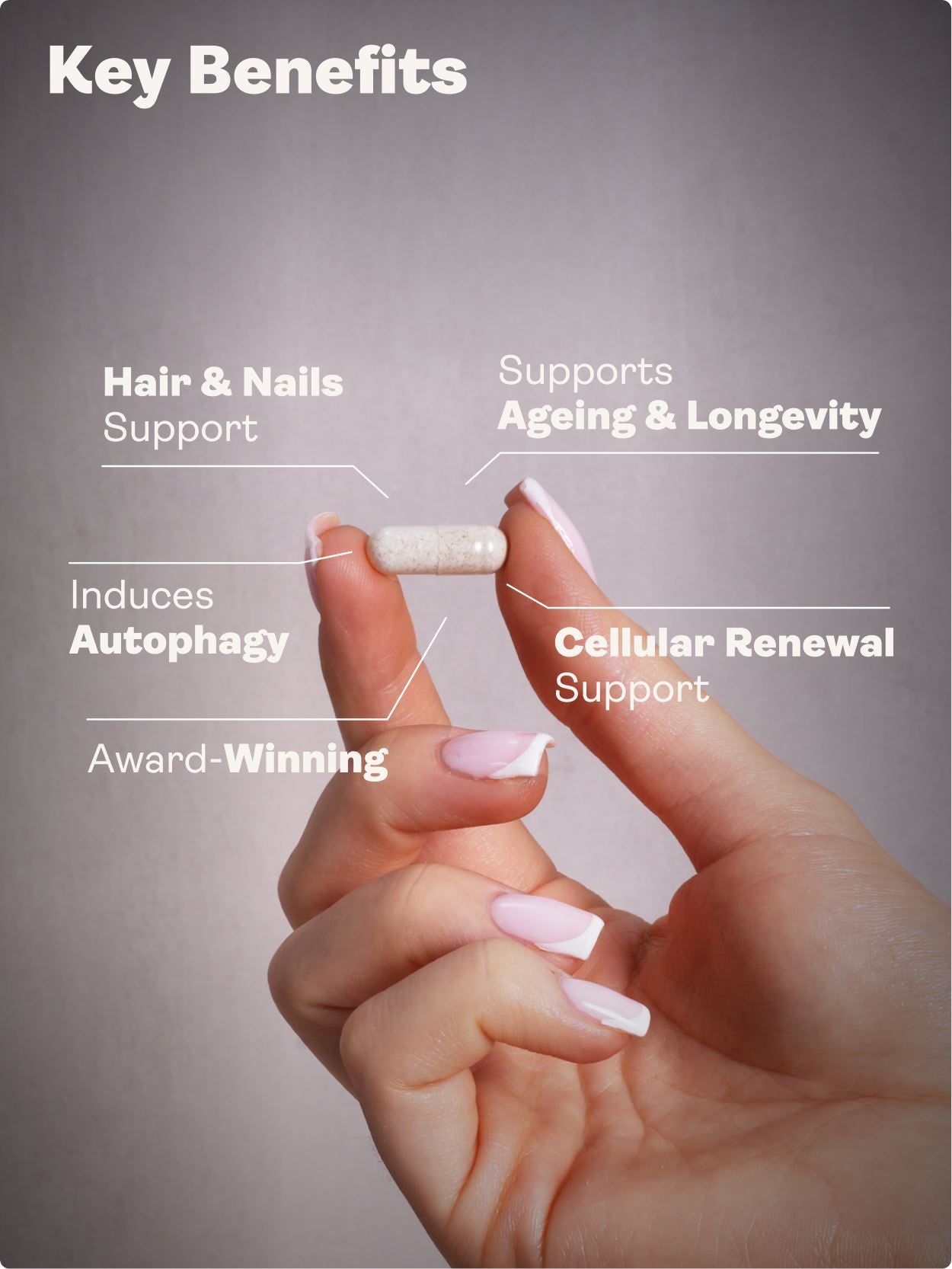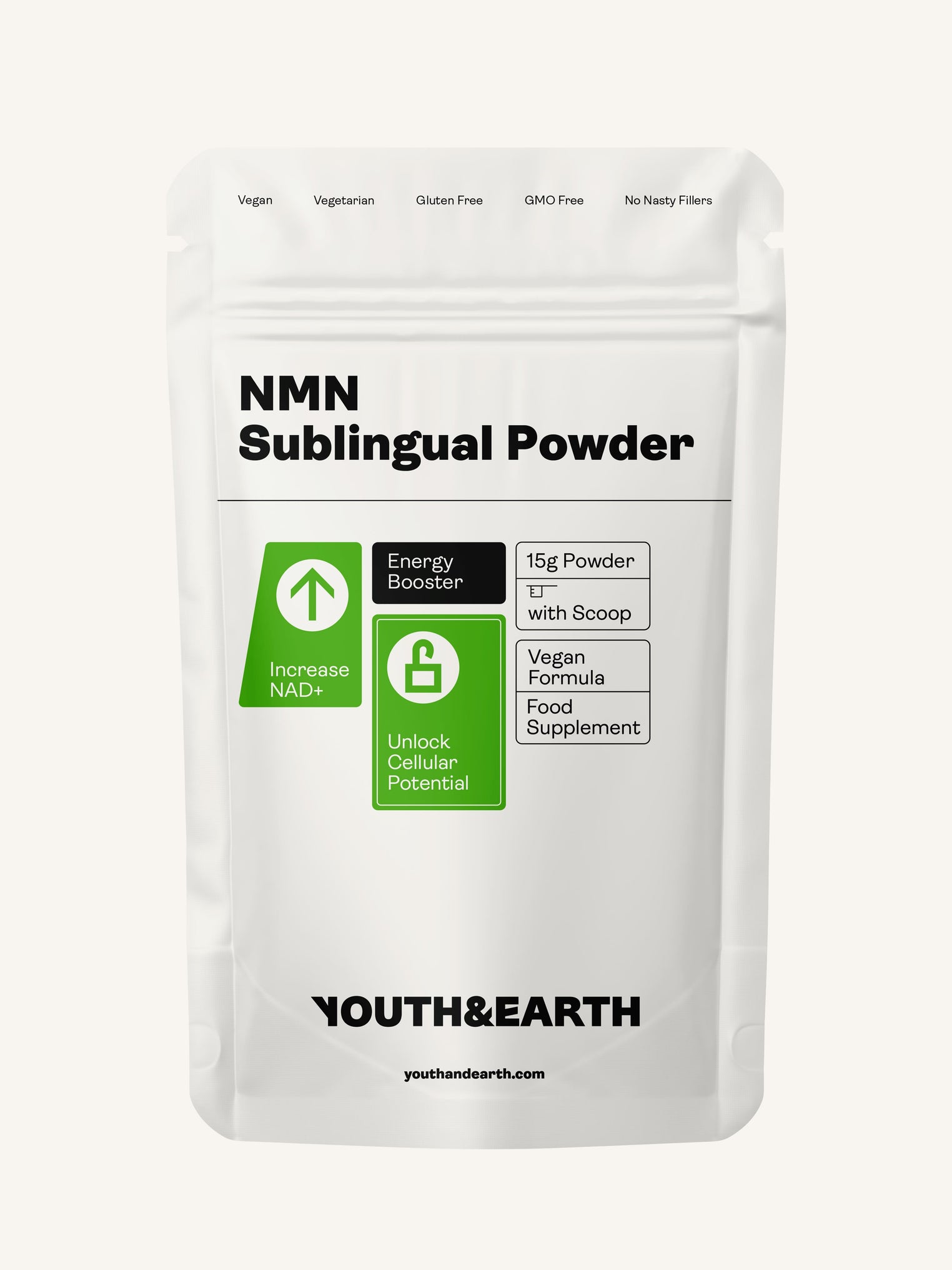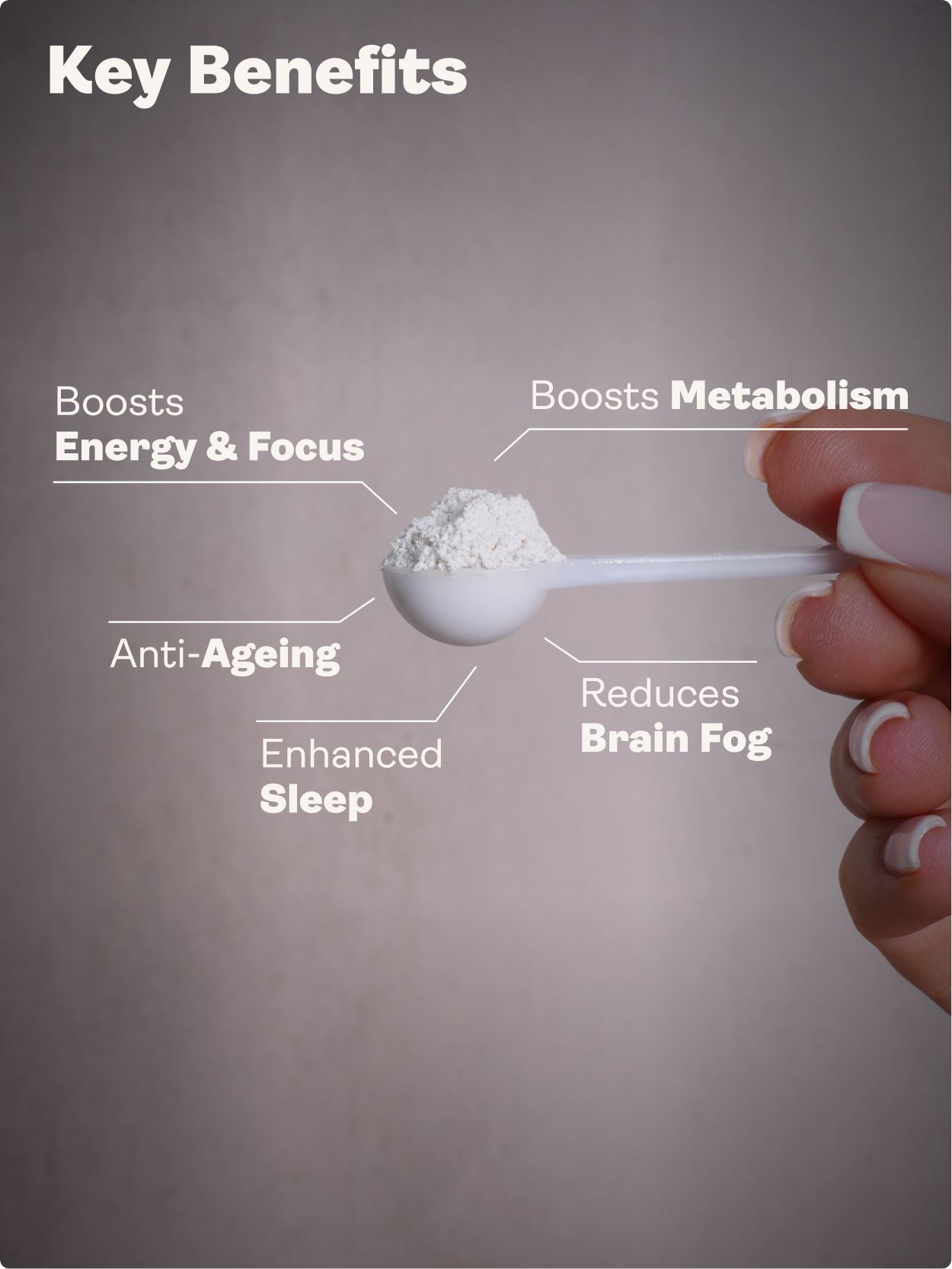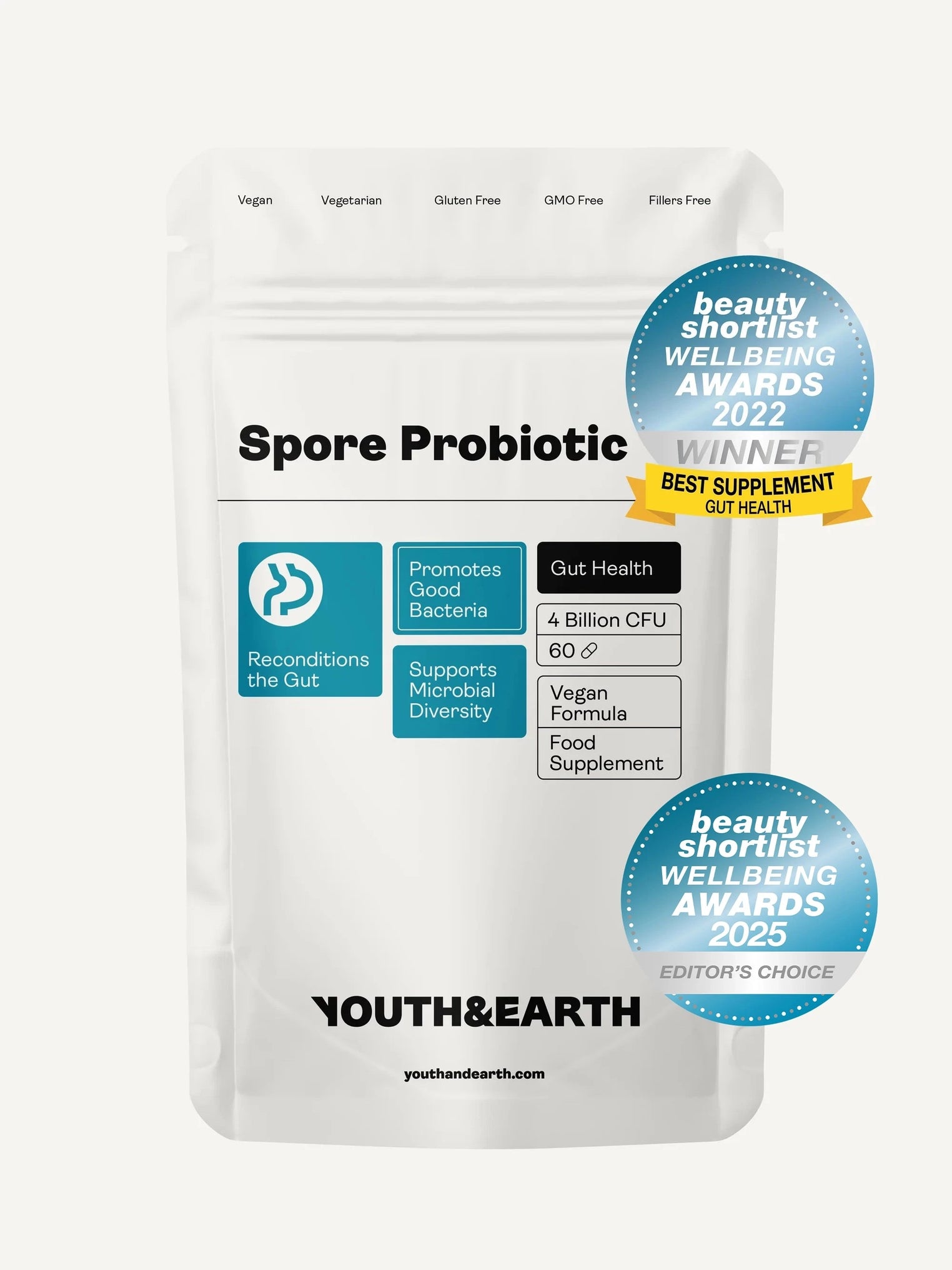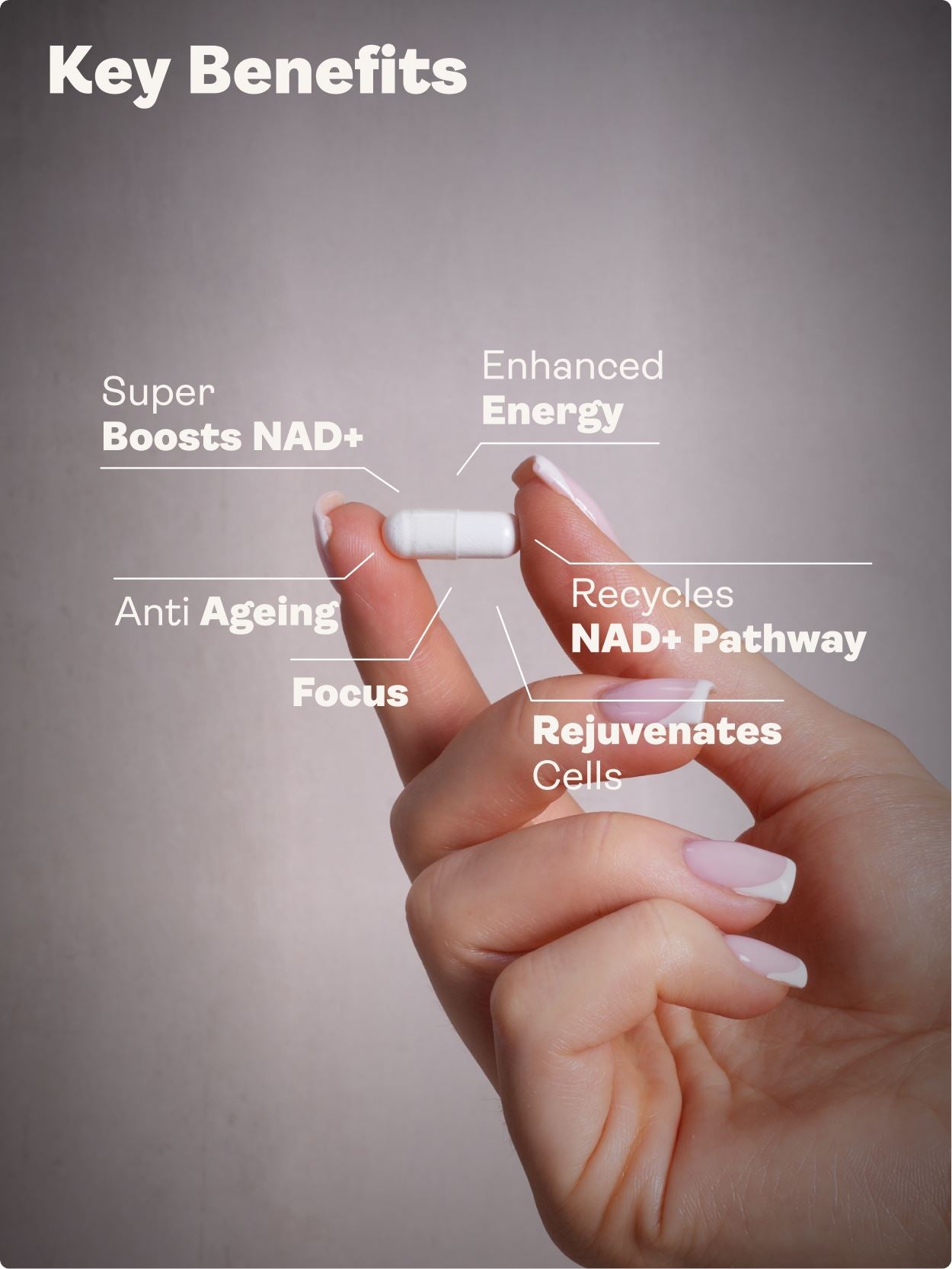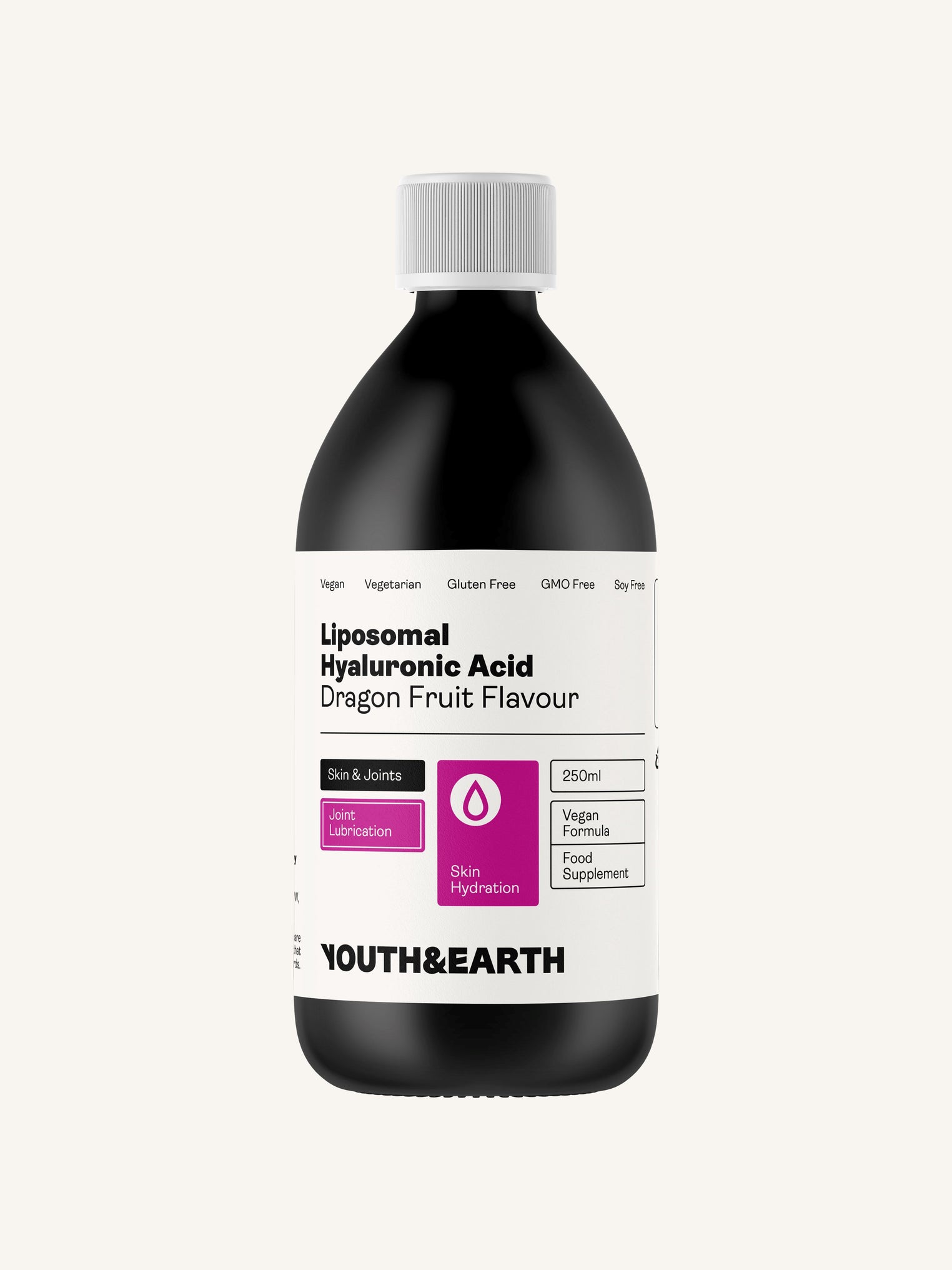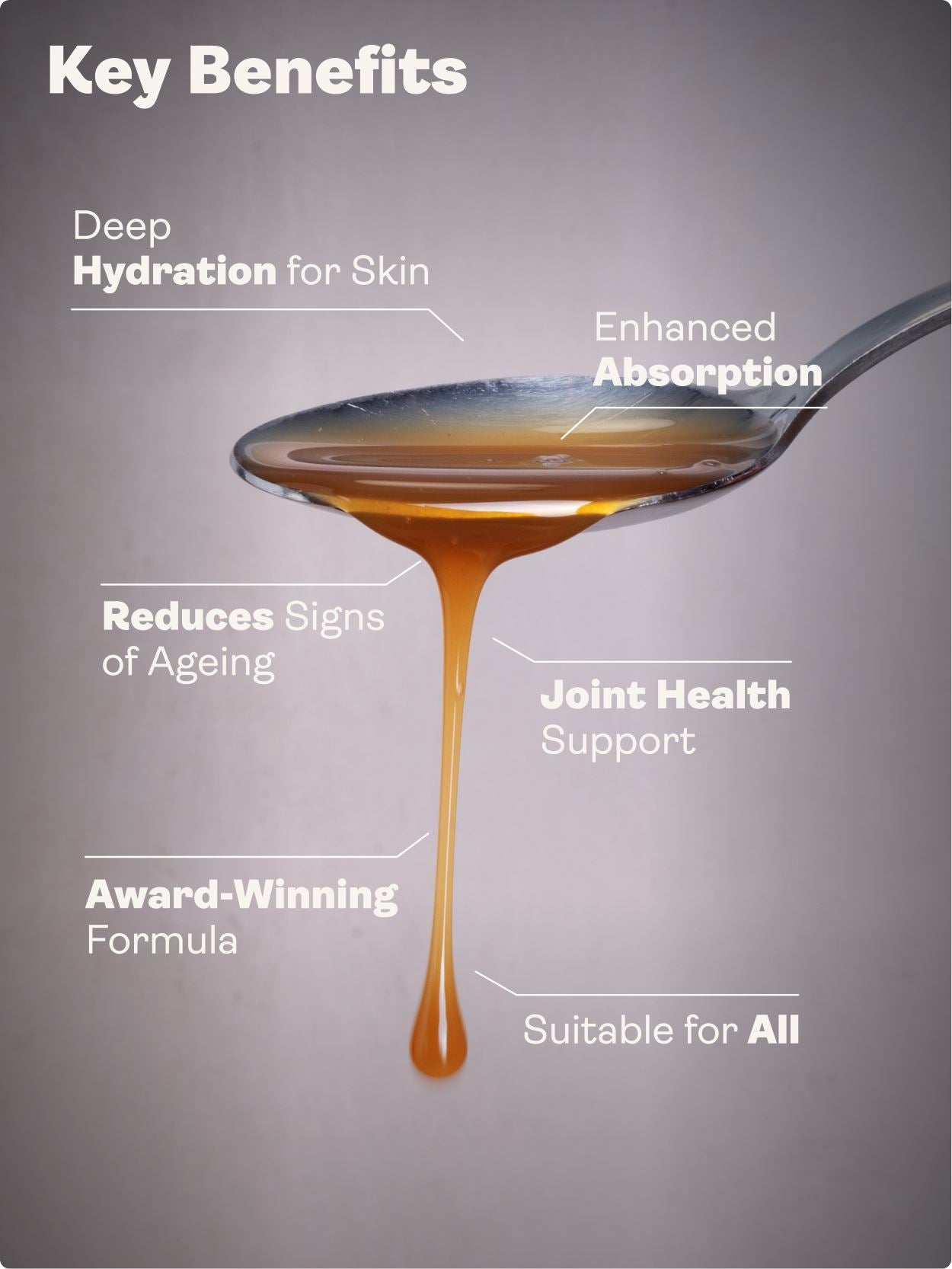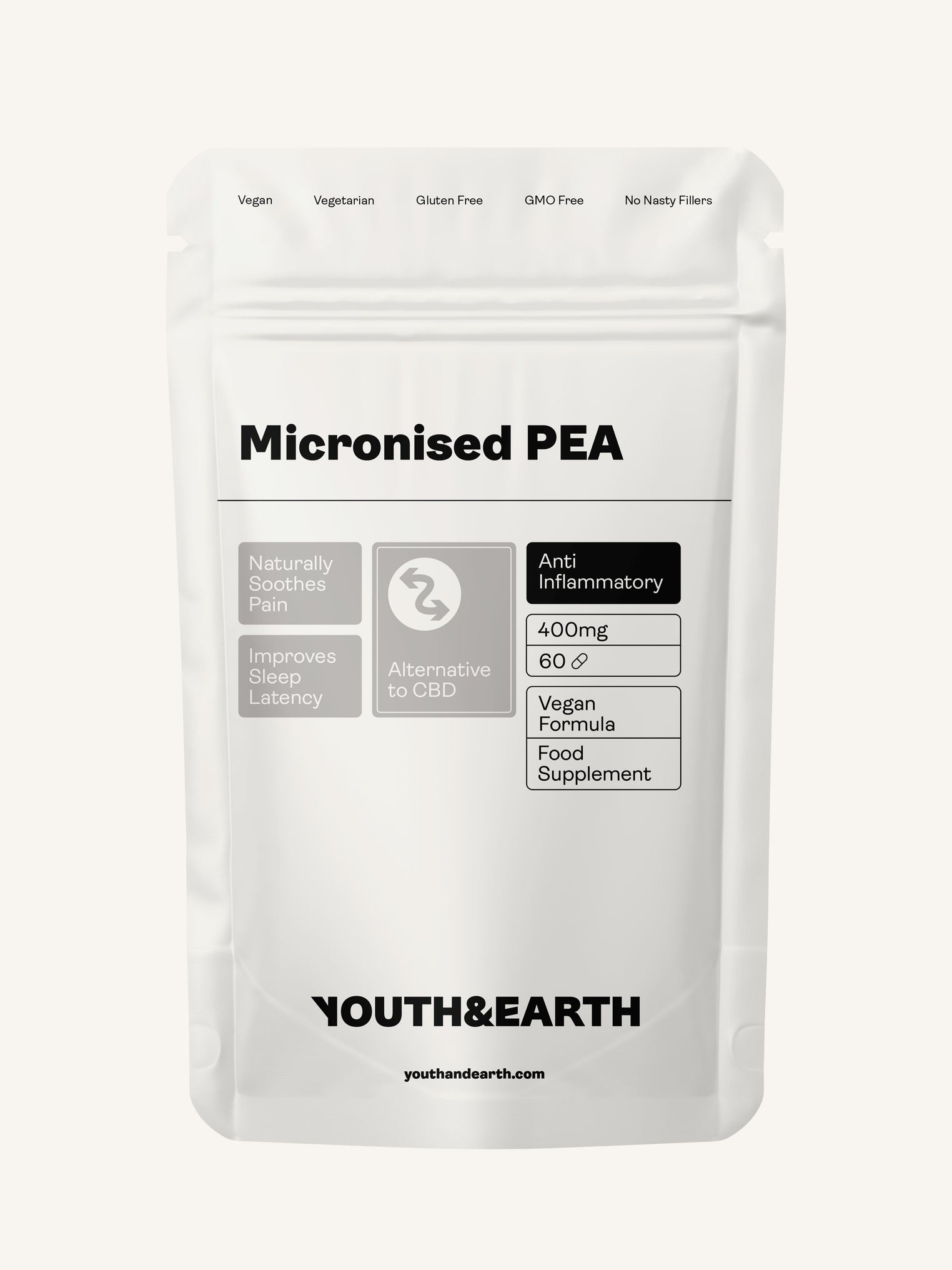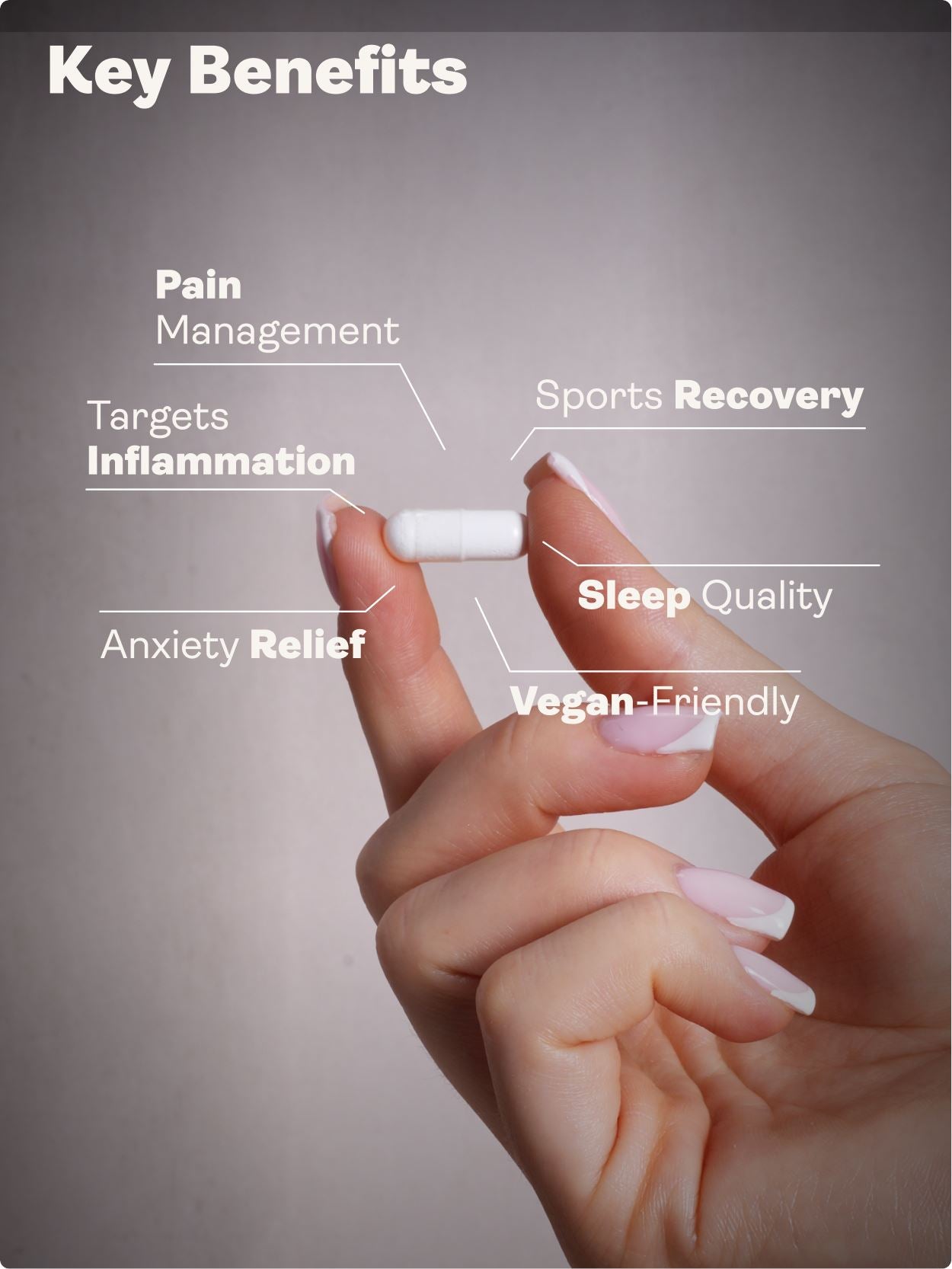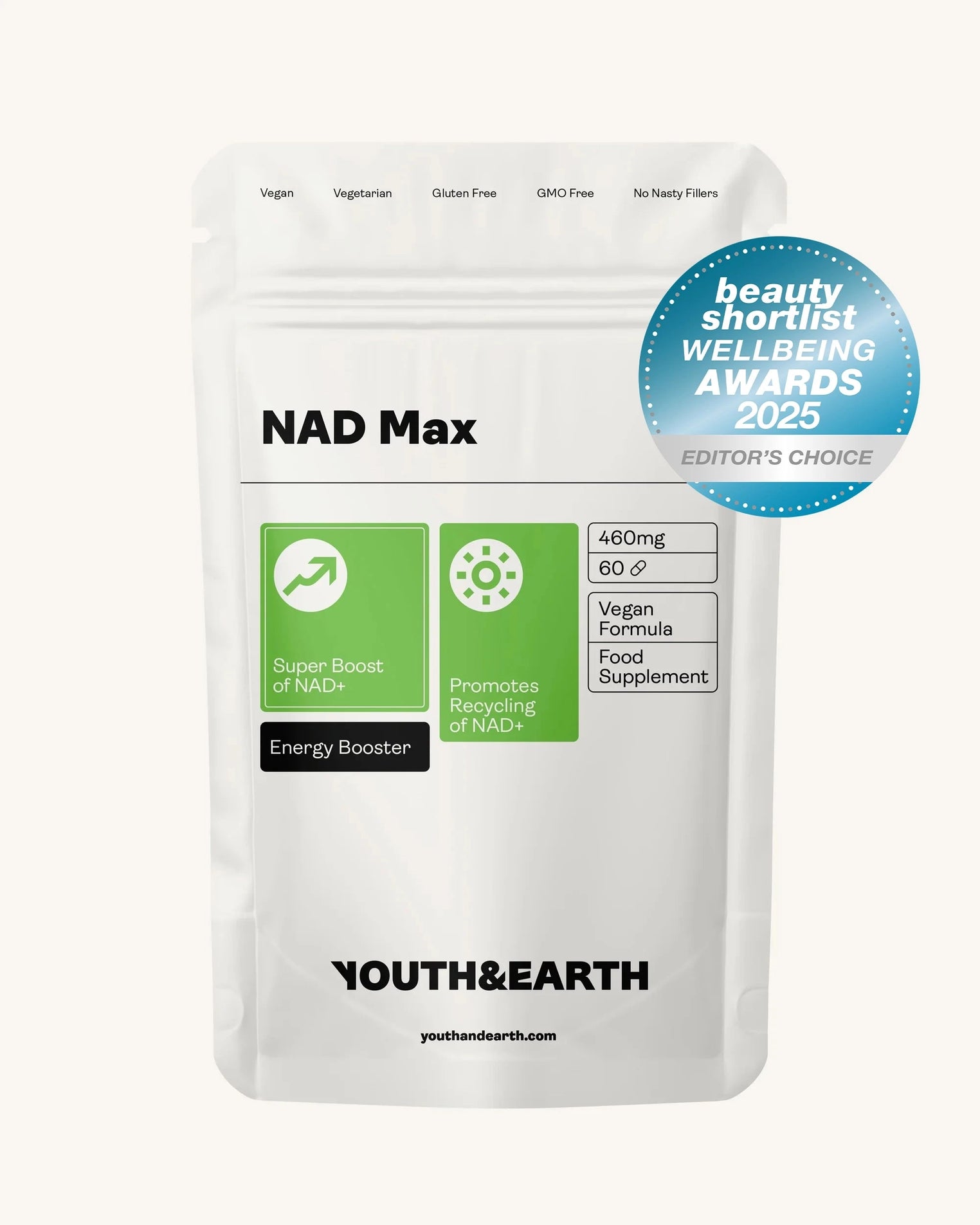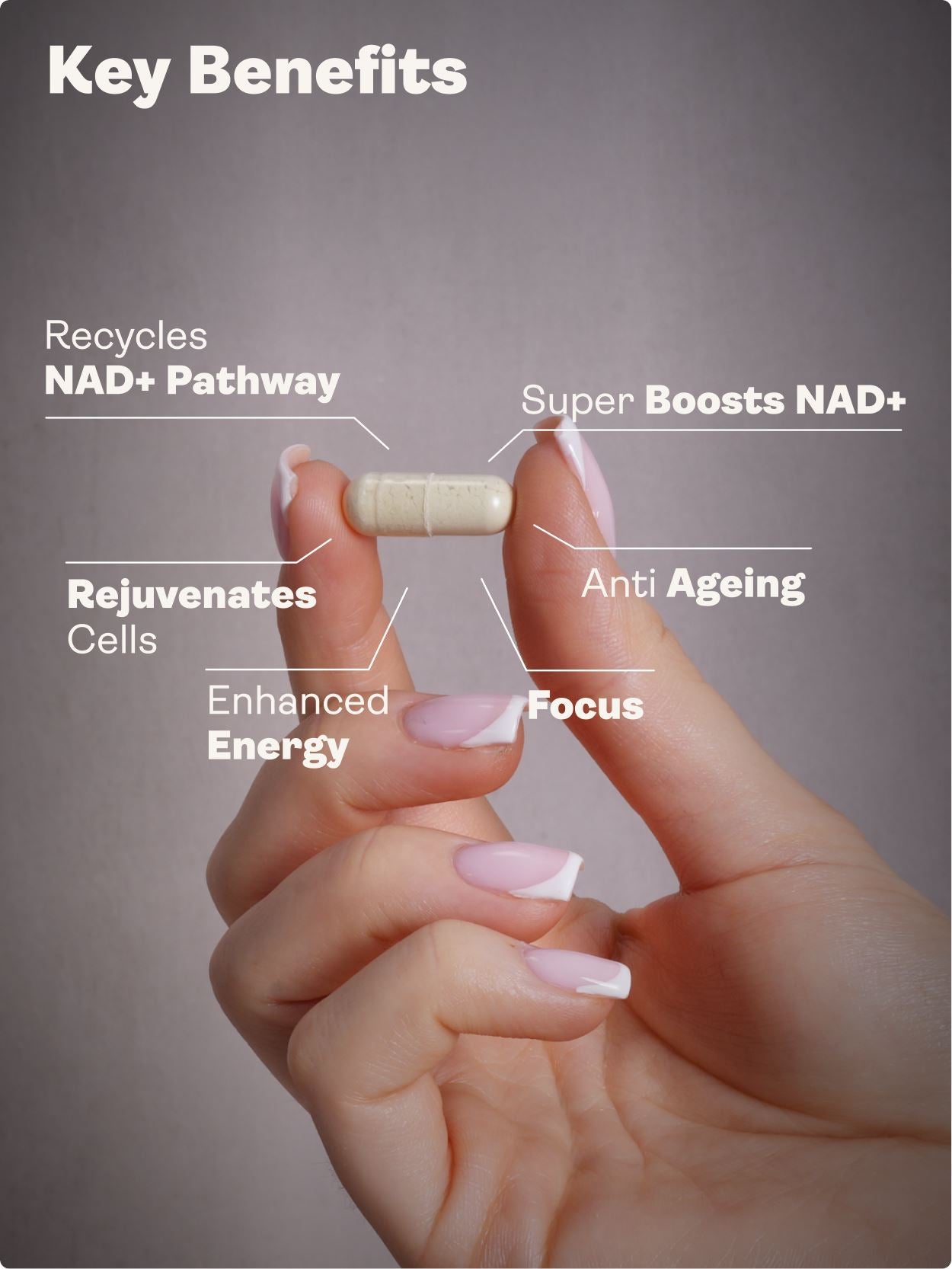Targeted enzyme support can make a good diet work better—supporting energy, skin, and gut comfort while aligning with healthy ageing goals. Do you feel bloated or heavy after otherwise healthy meals? Could better digestion be the missing link between your nutrition and results?
TL;DR
Digestion drives results. Enzymes help break protein, fat, carbs, and fibres into absorbable nutrients, supporting energy, skin, mood, and training recovery. Start with mindful eating, chewing, and a calm “rest-and-digest” state. Layer a comprehensive enzyme before meals, consider HCL at protein-heavy meals (if appropriate), and add a diverse probiotic at night. For a practical stack, see Daily Playbook below. This approach supports biohacking for healthy ageing without overcomplicating your routine.
Science Snapshot
| Question | What the science says (high level) | Biohacking implication |
|---|---|---|
| Why enzymes? | They catalyse the breakdown of macronutrients into absorbable units that fuel cellular metabolism. | Better absorption can support energy, skin quality, mood steadiness, and training recovery. |
| What about HCL? | Acid helps denature protein and trigger downstream enzyme release. | Low stomach acid signs (post-meal heaviness with protein) may respond to clinician-guided HCL trials. |
| Role of probiotics | Microbiome balance influences gut barrier, immune tone, and nutrient handling. | Enzymes handle breakdown; probiotics balance the ecosystem—complementary, not redundant. |
Why Digestion Is Foundational
If food is not broken down, nutrients are not absorbed. The mismatch shows up as bloating, low energy, dull skin, brittle nails, and mood swings—despite a “clean” diet. Restoring efficient digestion is a high-leverage move for healthy ageing.
Digestive Enzymes 101
| Enzyme | Primary substrate | Main product(s) | Where it helps |
|---|---|---|---|
| Proteases (incl. proteolytic blends) | Proteins | Amino acids & peptides | Muscle repair, neurotransmitter precursors, hair/skin/nails |
| Lipases | Fats (triglycerides) | Fatty acids & glycerol | Skin glow, vitamin A/D/E/K absorption, steady energy |
| Amylases | Starches | Maltose, glucose | Even carb handling; less post-meal crash |
| Cellulases/hemicellulases | Fibres | Shorter saccharides | Comfort with higher-fibre meals, diversity support |
Signs You May Benefit
- Bloating and gas after meals, especially protein- or fat-heavy dishes.
- Low energy or mid-afternoon slump despite adequate calories.
- Skin concerns (eczema, dullness) or brittle nails suggestive of fat-soluble vitamin issues.
- Hair shedding potentially linked to protein/amino acid shortfalls.
- Low mood or brain fog; gut–brain axis stress can follow poor digestion.
How Enzymes Support Health & Healthy Ageing
Better absorption
Unlock amino acids, essential fats, vitamins, and minerals to fuel daily function and training.
Gut comfort
Reduce fermentation of undigested food; support a calmer gut environment.
Metabolic balance
More complete starch breakdown supports steadier post-meal glucose.
Skin & hair support
Improved fat and protein handling supports barrier integrity and growth substrates.
How to Optimise Digestion (Step-by-Step)
1) Mindful eating
- Prioritise a calm, unhurried “rest-and-digest” state; chew thoroughly.
- Minimise screens; notice fullness cues.
2) Consider stomach acid (HCL) support
- Classic signs of low acid: heaviness after protein, frequent belching, food “sitting.”
- If appropriate, clinician-guided HCL trials at protein-rich meals may help. Avoid with ulcers/reflux unless supervised.
3) Add a comprehensive enzyme before meals
- Choose a broad-spectrum formula covering proteases, lipases, amylases, and fibre-targeting enzymes.
- Start with your main meal; expand to other meals if helpful.
4) Layer probiotics for balance
- Use a diverse, multi-strain probiotic away from meals or at night to support the gut ecosystem.
- Enzymes handle breakdown; probiotics help microbial balance—both matter for outcomes linked to longevity.
5) Enzymes during fasting (optional)
- Some take proteolytic enzymes on an empty stomach for comfort and recovery support. Individual responses vary.
Daily Playbook & Product Mentions
| Timing | What to do | Purpose |
|---|---|---|
| 5–10 min pre-meal | Youth & Earth Super Enzymes (comprehensive formula for fats, carbs, protein, and fibres) | Improve breakdown and reduce post-meal heaviness/bloating |
| With protein-heavy meals | HCL (if appropriate; clinician-guided) | Support protein denaturing and downstream enzyme release |
| Bedtime / away from meals | Youth & Earth Super Advanced Probiotics (15 diverse strains incl. proteolytic) | Support microbiome balance, barrier integrity, and comfort |
Tables & Comparisons
Food-Only vs Enzyme-Assisted (complementary approaches)
| Approach | Pros | Considerations |
|---|---|---|
| Food-only (mindful eating, chewing, meal balance) | Foundational, sustainable, cost-effective; supports natural signalling | May be insufficient for some (low acid, pancreatic output, higher needs) |
| Enzyme-assisted (targeted formulas) | Bridges gaps; improves comfort and absorption; practical for travel/stress | Quality matters; still address habits and meal composition |
Enzyme Types at a Glance
| Type | Best for | Indicators you might need it |
|---|---|---|
| Proteases | Protein-rich meals, training recovery | Heaviness after meat/eggs; post-meal fatigue |
| Lipases | High-fat meals; fat-soluble vitamins | Greasy stools; floating stools; dry skin |
| Amylases | Starch-heavy meals | Gas after grains/legumes; post-meal crash |
| Cellulases | High-fibre, plant-forward eating | Bloating after salads/beans/crucifers |
FAQs
Do I need enzymes if I already eat well?
Not always. If symptoms persist—bloating, fatty stools, post-meal heaviness—targeted enzymes can help. Review ongoing issues with a clinician.
How quickly should I notice a difference?
Many people notice changes in post-meal comfort within a few days. Skin, energy, and mood changes may take several weeks of consistent use.
Can I take enzymes with medications?
Sometimes yes, sometimes no. Check with your healthcare provider, especially if you take blood thinners, have ulcers, or active GI conditions.
Are enzymes “anti-ageing”?
They support the foundation—absorption and gut balance—that underpins healthy ageing strategies. They are not a treatment for disease.
Glossary
Digestive enzyme: A protein catalyst that speeds up breakdown of food into absorbable nutrients.
Proteolytic: Refers to enzymes that break proteins into peptides and amino acids.
Hydrochloric acid (HCL): Stomach acid that helps denature proteins and defend against pathogens.
Microbiome: Community of microorganisms in the gut that influences digestion and immune tone.
Medical Disclaimer
This article is for informational purposes only and is not a substitute for professional medical advice, diagnosis, or treatment. Always seek the advice of your physician or qualified health provider before starting any new supplement or protocol.





